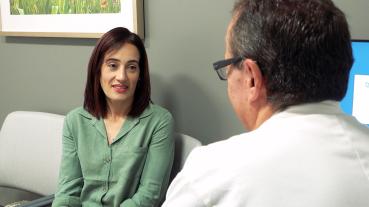Rush University Medical Center on U.S. News Honor Roll for sixth year
Regional Locations
Rush North & Harlem Opens, Expanding Access to Care
Services include urgent care, primary care, specialty care and...















